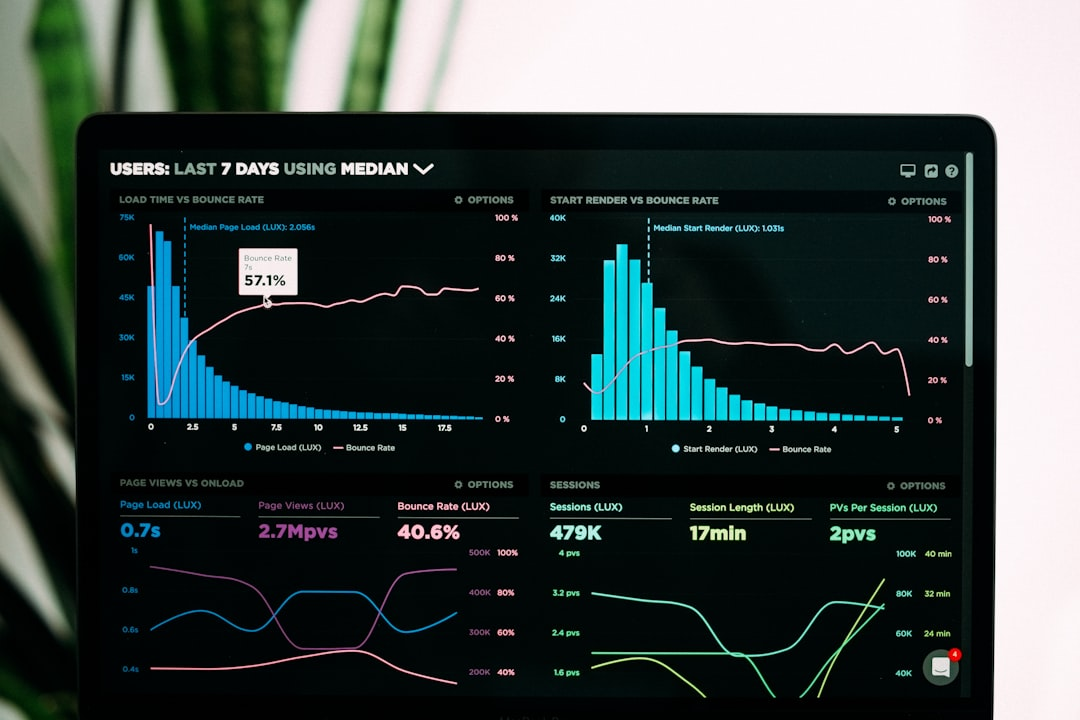Understanding the Role of Procurement Process in Supply Chain Management
Key Functions of the Procurement Process: Vendor Selection, Negotiation, and More
Vendor Selection
Negotiation
Contract Management
Order Processing
Risk Management
Sustainability
The Importance of Procurement in Supply Chain Management
Key Components of an Effective Procurement Process

Leveraging Technology in the Procurement Process

Overcoming Challenges in the Procurement Process

How UpskillUtopia Can Help You Master Supply Chain Management

Benefits of Our Training:
